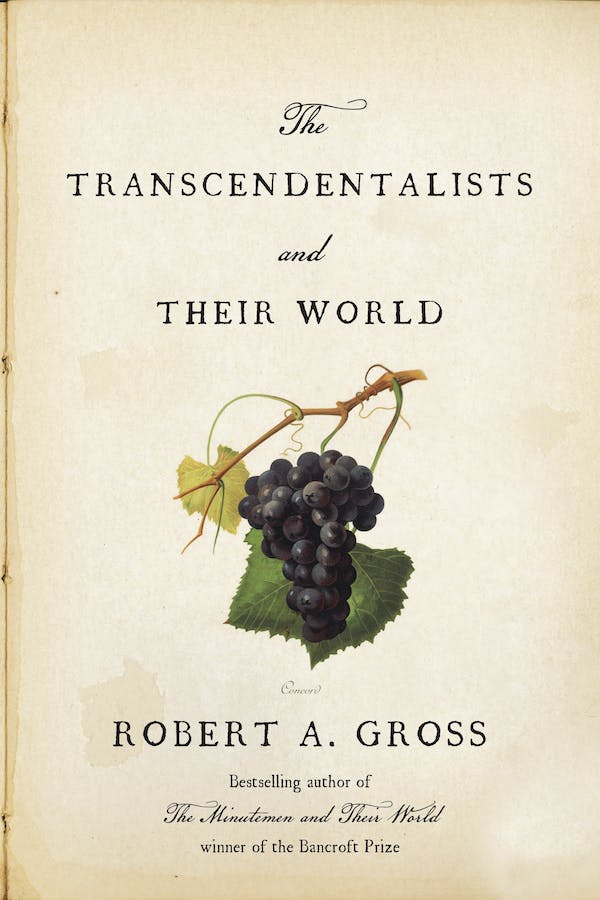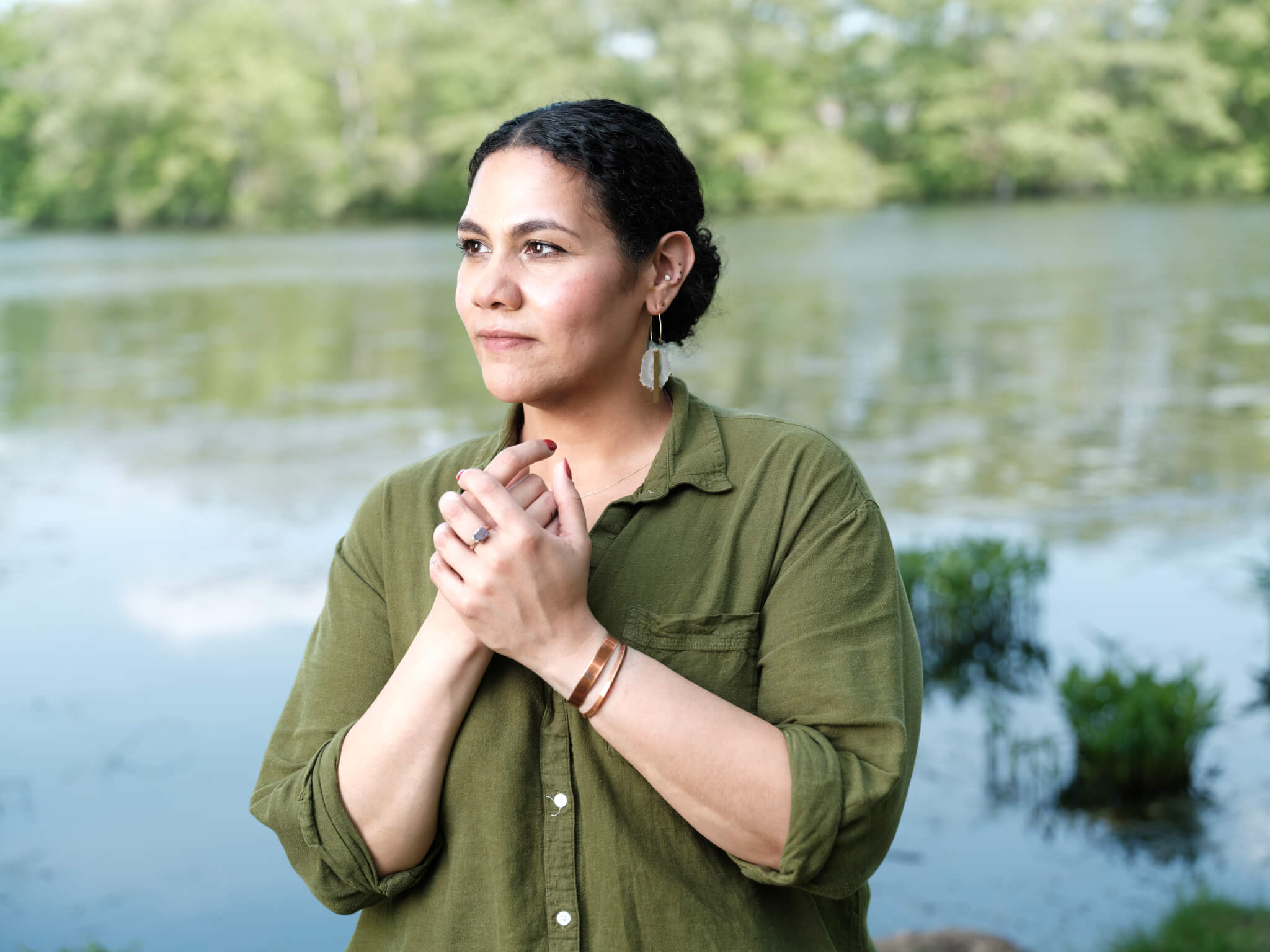Robert A. Gross, Author of
The Transcendentalists and Their World
By Margaret Carroll-Bergman
Correspondent
[popup_anything id=”5867″]
In the following 10 Questions, Robert A. Gross, author of “The Transcendentalists and Their World” and the James L. and Shirley A. Draper Professor of Early American History at the University of Connecticut Emeritus, gives us his thoughts on Concord, Emerson, Thoreau, and Transcendentalism. Dr. Gross is also the author of “The Minutemen and Their World” for which he won the Bancroft prize in 1977.
- Now that you have recently retired to Concord after spending 50 years writing about it, is it easy to stop viewing Concord and its people through the lens of history, or do you see everything that is modern or new with a sharp eye?
I’m of two minds about your question. On the one hand, many of us may live in houses that are one or two centuries old, but we are very different people from those past occupants. Our values are not our ancestors’. But in some ways, we are the heirs to the builders of the 18th and 19th centuries. There is an intense local identification that many inhabitants feel, coupled with a civic culture emphasizing service to the common good. Yet, we struggle to hold onto such local citizenship.
- How does Concord’s past inform the issues that it is dealing with now?
Concord’s past informs the present, in that it fosters an ideal of local autonomy that is, in important ways, false to the way things happened, but nonetheless is worth preserving as a motivation for engagement with local government.
- Did Emerson or Thoreau write or talk about the American Revolution?
Not very much. Emerson said in “The American Scholar” that we live “in an age of Revolution,” and, of course, he gave the address at Concord’s Bicentennial in 1835, celebrating the spirit of liberty in the local past. Thoreau commented wryly in “A Week on the Concord and Merrimack Rivers” that the course of townspeople in the Revolution was as sluggish as the river that ran through the town. And he implied that his neighbors were betraying the legacy of the Revolution by their failure to take radical action against slavery. In his telling, John Brown was a Puritan and a Minuteman. But these were exceptions. Neither Emerson nor Thoreau dwelled on 1775, 1776, or 1787. … The Transcendentalists’ aim was to liberate their countrymen from blind adherence to tradition and custom and to liberate their contemporaries to make their own authentic history. Thoreau may have been reluctant to get too deeply into the American Revolution, since his maternal forbears – the Jones family – were prominent Loyalists in the town of Weston. Thoreau never engaged this aspect of his heritage in his works.
- Was Concord a patriotic community in the 1800s? How ingrained was the town’s identity as a major player in the American Revolution?
Early on after 1775 the townspeople claimed credit for launching the Revolution on April 19, 1775, and they never stopped insisting on their centrality, notwithstanding the later protests of Lexington and Acton. “The Transcendentalists and Their World” shows how Concord’s leading role at the start of the Revolution became central to the townspeople’s civic identity.
- How would you define Transcendentalism?
I see Transcendentalism as a way of thinking, based on the insight that every person partakes of a divine spirit running through all of creation – a spirit best apprehended through personal experience of nature. From this conviction arose the Transcendentalist belief that every person born is something new under the sun, with an infinite nature capable of perfection, which no authority, no institution, no mode of education can fix into a pre- existing mold. Transcendentalism is thus a religion that does not require a higher power to whom one prays. Rather, it is a spirit that in the American context united the perfectibility of the individual with a commitment to human quality, and thereby becomes a philosophy of the democratic individual.
- There was the famous 19th century literary circle, but was there a robust community in Concord?
Yes, I hope “The Transcendentalists and Their World” conveys what a lively, robust community thrived in Concord from 1815, say, to the early 1840s. Culturally, the town hosted one of the most active lyceums in the state; its social library boasted an up-to-date collection. The leading political parties held conventions at the Middlesex Hotel. The taverns and inns were bursting with business, even as temperance reformers tried to shut them down. By the early 1840s, Concord was religiously pluralistic. Its small black community was participating more fully in local life than ever before. But even as the inhabitants of Concord regularly got to hear Emerson at the Lyceum, they did not sign on to Transcendentalism. The new mode of thought was idealistic and inspiring, but to many, it was too selfish. Yet, I think many residents appreciated that through Emerson, Thoreau, and the Lyceum, they got access to the big ideas of their time.
- Which of Thoreau’s and Emerson’s writings best exemplify the issues that the Transcendentalist movement stirred?
“Walden” and “Resistance to Civil Government” are crucial in my view. Emerson’s lectures are informed in good measure by experience in and observations of Concord, but the historian has to dig out the connections.
- When you first came to town, how did people view Thoreau and Emerson? Any differently today?
Emerson took priority over Thoreau when we first settled in Concord; now their statuses have reversed. Environmentalism and the threat of climate change has made Thoreau far more urgent than Emerson.
- Most writers say they’ve written the book they’ve wanted to read. Would you say the same of “The Transcendentalists and Their World?”
Exactly so. I wanted to write a book that would explain how Concord informed and shaped the works of Emerson and Thoreau and did so without the nostalgia and romanticism that have characterized so many previous accounts. I wanted to appreciate the Transcendentalists’ works without seeing Concord through their gaze or exaggerating their popularity with the townspeople. And I wanted to portray the townspeople in their diversity, their self-interestedness and principle, their ambitions and ideals, that is, in their full humanity, as people with whom we could identify, even as we are different. So, yes, I wrote the book I wanted to read.
- What are your favorite works by Concord Transcendentalists?
“Walden,” Emerson’s lectures, Thoreau’s “Resistance to Civil Government,” and “Walking.”






